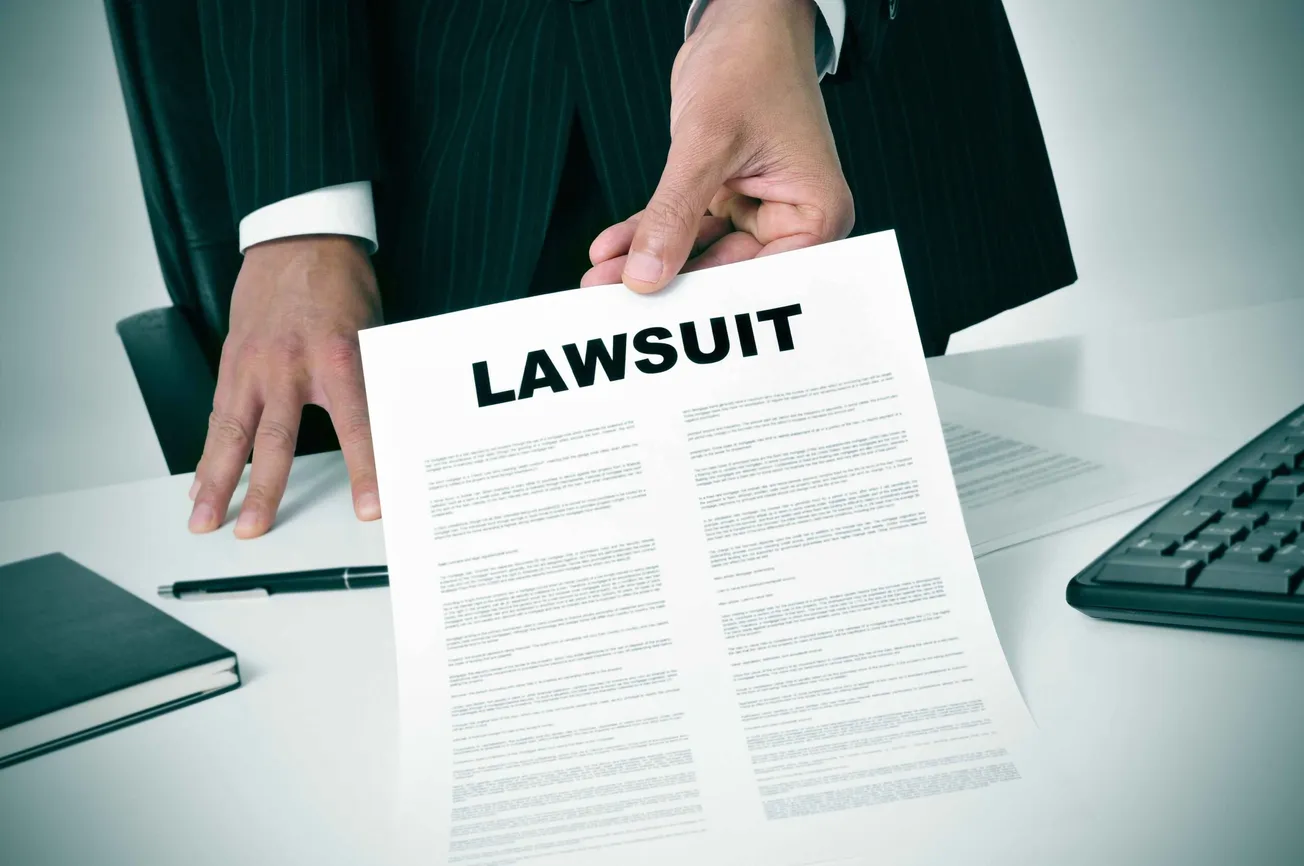Table of Contents
Those who would trade freedom for safety, as Benjamin Franklin famously said, deserve neither. But Franklin’s libertarian argument is directly at odds with the modern authoritarian cult of imposing safety through complete control. (In true Marxist fashion, NPR ludicrously tries to claim that Franklin’s is “a pro-taxation and pro-defense spending quotation”.)
Over and over, and more and more with iron fisted bureaucratism, we are being sold – or forced to swallow – the false notion that safety can only be guaranteed through complete state control. The latest attempt to hammer home this notion is the UK’s “Online Safety Bill”.
The UK’s Online Safety Bill, a sweeping online censorship law that’s currently making its way through Parliament, will force Big Tech platforms to censor some categories of content that the government has deemed to be “harmful” and will introduce new criminal offenses for posts that are deemed to cause “harm” without a “reasonable excuse”.
What does any of that even mean? Nobody knows – and that’s the point. When no one can say for sure what something means, then it can mean whatever our overlords say it means.
As if the definitions are not far-reaching enough, it further demands that simply the “risk” or “potential” of harm is to be treated “in the same way as references to harm.”
The examples of harm that are listed in the bill are equally ambiguous – such as when “individuals act in a way that results in harm to themselves or that increases the likelihood of harm to themselves.”
Another badly-worded and wide-ranging example includes “where, as a result of the content, individuals do or say something to another individual that results in harm to that other individual or that increases the likelihood of such harm (including, but not limited to, where individuals act in such a way as a result of content that is related to that other individual’s characteristics or membership of a group).”
These unclear and far-reaching definitions not only trample over the free speech rights of the British public, but also make it impossible for platforms to determine how to comply with the bill.
I repeat: and that’s the point.
Deliberate ambiguity has long been a tactic for authoritarians. When nobody is quite sure what the Dear Leader wants, everyone does their best not to put an ideological toe over the line.
Big Tech’s “community standards” are already chilling public discourse. Even we in the independent media have to think very carefully about what we say, lest it bring the hammer of the algorithm down on our heads.
Adding to the lack of clarity, just days before the final bill was published, the UK Digital, Culture, Media, and Sport (DCMS) Secretary of State Nadine Dorries, one of the main proponents of the bill, has contradicted the bill’s own wording.
Dorries tried to defend the bill by saying those who fear that “the Government wants to ban legal content if it ‘upsets’ or ‘offends’ someone” have a “complete misunderstanding” of the bill.
Yet that’s literally what the bill says.
But censorship is only the start.
There are two new criminal offenses in the Online Safety Bill that reference this term – a “harmful communications offence” and a “false communications offence.”
The harmful communications offense defines harm as “psychological harm amounting to at least serious distress” and describes a harmful communication as intentionally sending a message to “cause harm to a likely audience” – ominously adding: when there’s “no reasonable excuse.”
It comes with a maximum penalty of two years in prison.
The false communications offense describes a false communication as sending a message that contains “information that the person knows to be false” with the intention of causing “non-trivial psychological or physical harm to a likely audience” when there’s “no reasonable excuse.”
It comes with a maximum penalty of 51 weeks in prison.
Reclaim the Net
There’s only one way to tackle this dangerous Orwellian bill. As soon as it’s passed, free speech advocates need to launch a wave of actions.
Every public figure called “far right” must lodge a complaint. After all, “far right” is synonymous with “Nazi” — and who wouldn’t be offended by that?
Every Christian vilified by the ‘Alphabet people’ must launch an action on the demonstrable grounds that their critics are “act[ing] in such a way as a result of content that is related to that other individual’s characteristics or membership of a group”.
Every woman told to “shut the fuck up, TERF” or “kill yourself, TERF” by transgender activists, and every female public figure receiving death threats, must take action on the clear grounds that “individuals [are] act[ing] in a way that results in harm to themselves or that increases the likelihood of harm to themselves”.
When the “rainbow” left who want to silence everyone else suddenly find themselves under attack with their own laws, watch how fast they are repealed.









